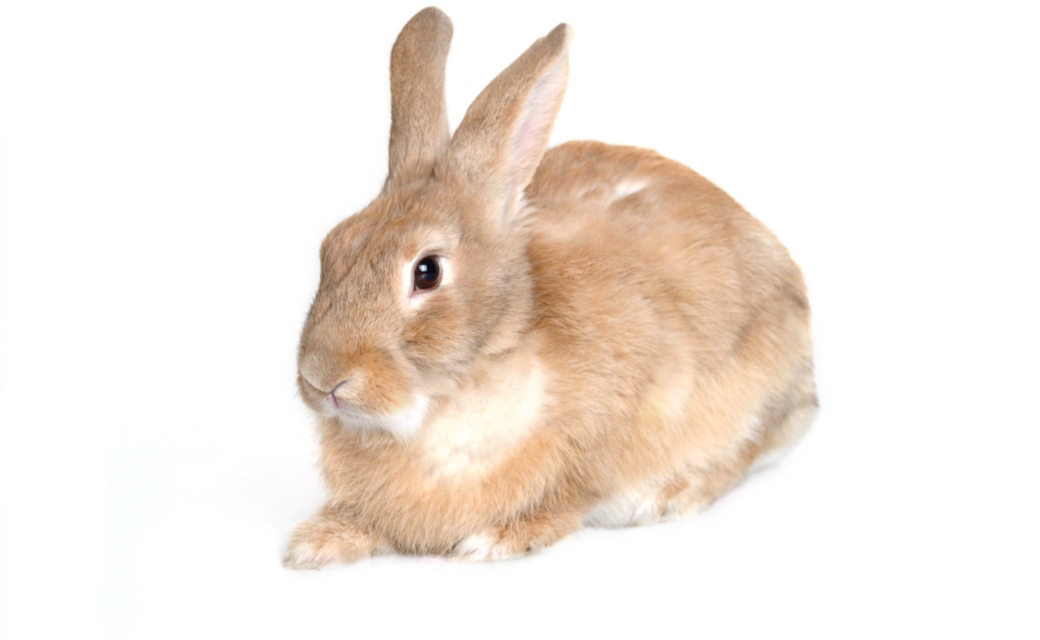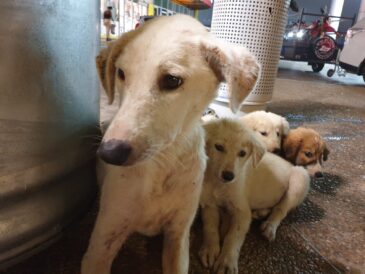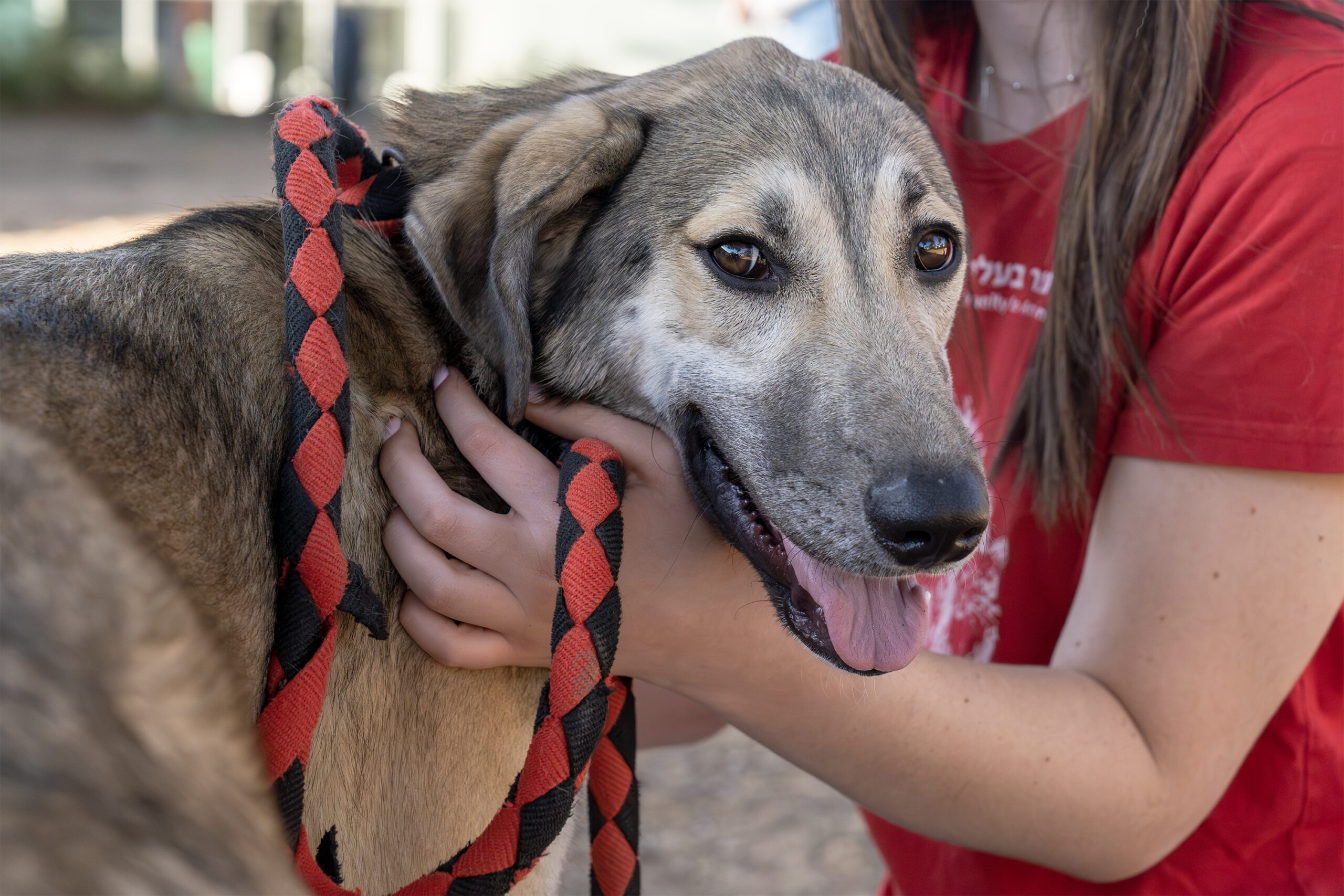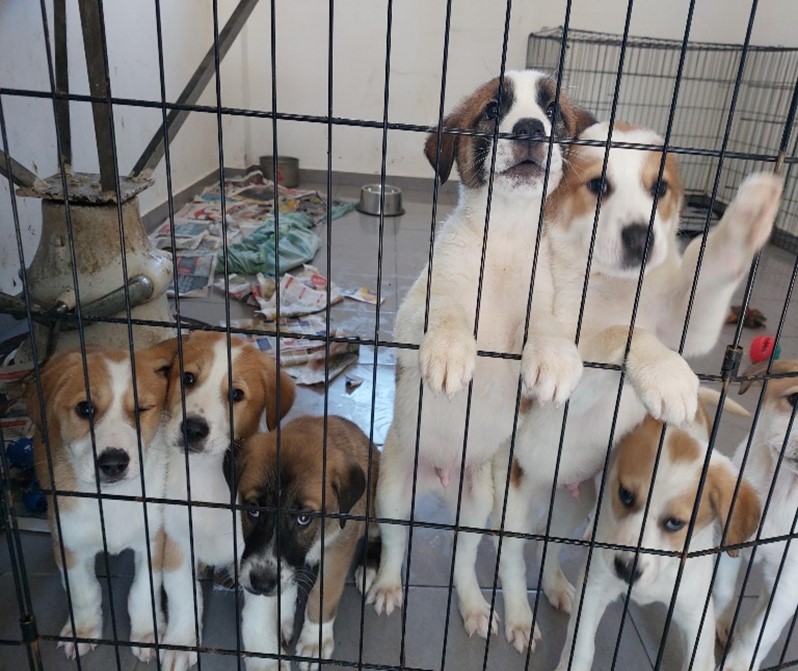After the staff of the Society for Prevention of Cruelty to Animals in Israel and Channel 10 had exposed the phenomenon, four months ago, of the importation and use of pet fur camouflaged as synthetic fur for clothing, the bill of Knesset member Ronit Tirush on the issue of forbidding the import of dog, cat and rabbit fur passed with a large majority in the Ministerial Committee for Matters of Legislation.
The bill, which was brought up today for deliberation in the Ministerial Committer for Matters of Legislation, was presented after findings were shown on an investigation of Channel 10 about the import of pet furs by the Clothing Chain stores of Renoir and ML. In the wake of the program the fur was removed from the shelves of the two chains, but the member of the Society decided to act also on the political level to uproot the phenomenon.
The Minister of Agriculture, Shalom Tzimchon, whose office is responsible for the law against cruelty to animals, backed the law and said that it must be widened, so that it will forbid the importation of furs from the whole world and not only from the eastern Asian countries, and so to forbid also the commerce and trading of fur within Israel. In addition, Tzimchon said that we have to broaden the definition of “fur” also to include the skins and fur of additional pets and wild animals, and not only to be satisfied with the forbidding of the import of fur from the hair of dogs, cats and rabbits.
Attorney Edan Abohav, who represents the Society for the Prevention of Cruelty to Animals in Israel—Tel Aviv said: “The bill coincides with the regulations of the European Union that were published in 2007 and forbid the import or manufacture of pet animal fur within the area of the Union or to it. Recently, there was a Halachic (Jewish law) decision of the Honorable Chief Rabbi of Israel, Rabbi Yonah Metzgar, according to which it is forbidden to purchase products with fur because of the cruelty involved in their manufacture. This enlightened Halachic decision was reached after the data on the horrible cruelty involved in the farm for raising animals for the manufacture of their fur was presented at the Chief Rabbi’s Office. We hope that the Ministerial Committee for the Matter of Legislation will support the decision. There is no reason to back down because of the fear by judiciaries about breaking international trade agreements. The European Union is also a signatory on treaties and agreements and even so decided that trade in the fur of pet animals is outside of the law.”
We appreciate that the process of stopping the phenomenon has come to the Knesset table and we are hopeful that the law will be authorized completely. Only legislation which will act to protect these innocent creatures and its enforcement accordingly would create good changes and principles regarding animals.










